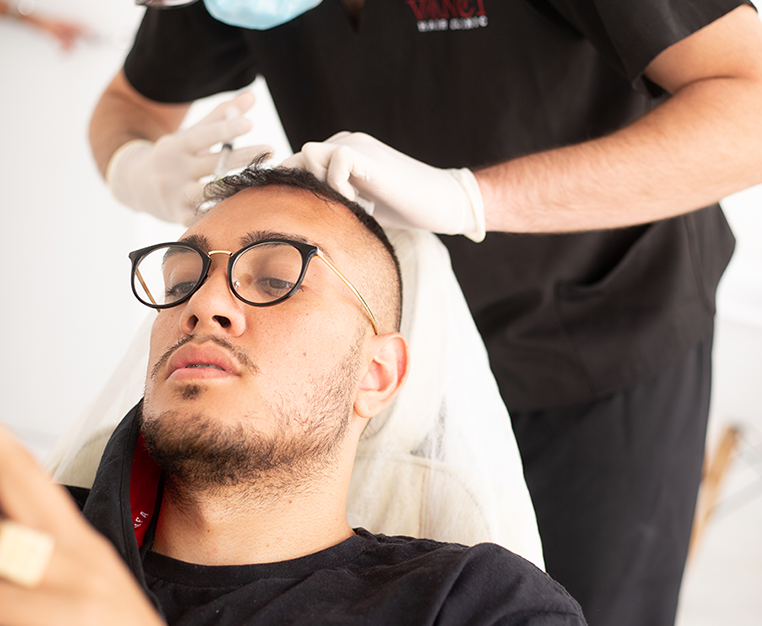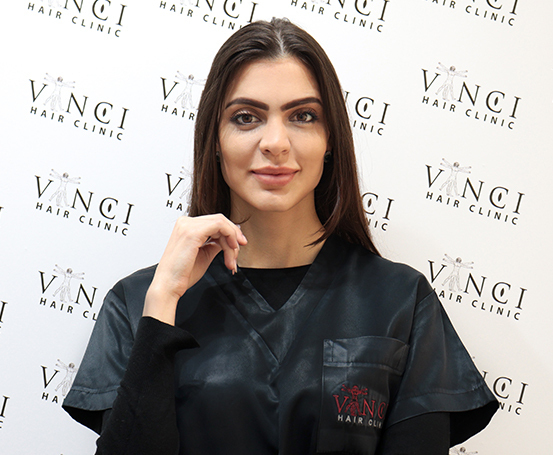When you experience hair loss, you may think that your hair products are the root cause. Or maybe you’ll think it’s been triggered by the food you’ve been eating recently. Rarely will you stop to consider that it’s the water you use to wash your hair that could be the real reason.
Have you felt that your hair texture has changed lately? Do you think your hair looks too greasy during the winter? In this quick-read post, you will learn about the effects of hard water on your hair. If the answer to the questions above is a resounding yes, then tap water could be the real reason why your hair is in such a poor state.
How Do You Know You Are Using Hard Water?
Most tap water is hard water. It contains minerals like magnesium and calcium as well as traces of pesticides and pharmaceuticals. You know you are using hard water when you see the stains on your clothes after washing. When you wash your hands with soap, the calcium in the soap reacts with the water. If the water is hard, you will see the formation of scum. Similarly, when you wash utensils with this type of water, you can see some spots because of calcium.
How Is Tap Water Harmful To Your Hair?
Now that you know how to identify tap water, let us look at some of its damaging effects on your hair.
Thinning Hair
First and foremost, tap water can cause thinning hair. Minerals build up on the scalp after you wash your hair. These minerals clog the pores of the scalp and interfere with the new hair growth. After a wash with hard water, the hair falls flat.
Damaged Hair
Water with minerals makes your hair feel heavy. As a result, you may feel the need to wash it more frequently. But frequent shampooing removes the natural moisture and essential oils so that your hair becomes frizzy, dry and unmanageable. Eventually, you will notice the hairs starting to break.
Faded Colour
If you’ve dyed your hair recently, you may see the colour fading away. Fading colour happens because of iron oxidation. It leads to red strands turning orange.
Greasy Hair
Hard water has mineral deposits that cling to your hair, weighing them down. Your hair feels dirty and sticky which sometimes leads to split ends.
Can You Avoid The Damaging Effects Of Hard Water?
If you think that tap water has been damaging your hair, there are steps you can take to rescue the situation.
Use Demineralising Products
Use a shampoo that has demineralising properties. This will help counteract the minerals that hard water leaves behind on your hair. Within just 2-3 washes, you will see the results and enjoy flaunting your soft and shiny hair.
Use Clarifying Shampoos
Clarifying or chelating shampoos are effective in removing chlorine. They also remove metals or minerals from the hair. This type of shampoo uses chelating agents, which act as a magnet to grab the impurities. It restores the pH balance by neutralising your hair and scalp, removing bacteria and preventing breakage, excess moisture and elasticity.
Soften The Water
Water softening can be the most straightforward remedy for everyone in the family. Installing a water softening system will keep all the damaging compounds at bay. A shower filter can also work, but you will have to change it every six months.
Which Home Remedies Can Help?
If you can’t get hold of demineralising products or chelating shampoo every time, there are a few essential home remedies that can also work wonders. Read on to find out more.
Rainwater
Yes, simple rainwater can be the best option to choose for your hair. It is naturally soft and does not have any mineral content.
Lemon
Lemon may look acidic, but it removes the residue from your hair, leaving it looking bright and healthy. It also helps keep your hair soft and light.
Apple Cider Vinegar
While using warm water to wash your hair, add in a few drops of apple cider vinegar. Rinse the hair thoroughly and enjoy the magic! Apple cider vinegar eradicates any build-up of minerals. It also prevents hair colour from fading and makes it feel lighter and softer.
Takeaway
The minerals found in hard water cause a sticky layer to form on the hair strands. The condition is made worse when this stickiness picks up dirt and dust. Your hair becomes a little greasier than usual and your scalp may start to feel flaky and itchy.
If you’ve tried using demineralising products and changing the water system to no effect, it may be time to speak to the experts at Vinci Hair Clinic. We offer a free, no-obligation consultation so that you can get advice on the latest techniques and hair treatments. Book your consultation today!



